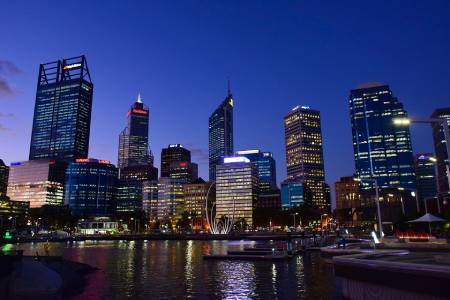What We Do
Australia is a stable, democratic and culturally diverse nation with a highly skilled workforce and one of the strongest performing economies in the world.
With spectacular landscapes and a rich ancient culture, Australia is a land like no other. It is the earth’s sixth-largest country in land area and is the only nation to govern an entire continent.
Australia’s economic resilience and steady growth prospects provide a low-risk environment in which to do business. Australia has entered its 28th year of consecutive annual economic growth, setting a new record among developed economies for uninterrupted expansion.
This enviable record of steady growth proves the robustness of Australia’s economy and its reliability as a low-risk and safe environment in which to do business.
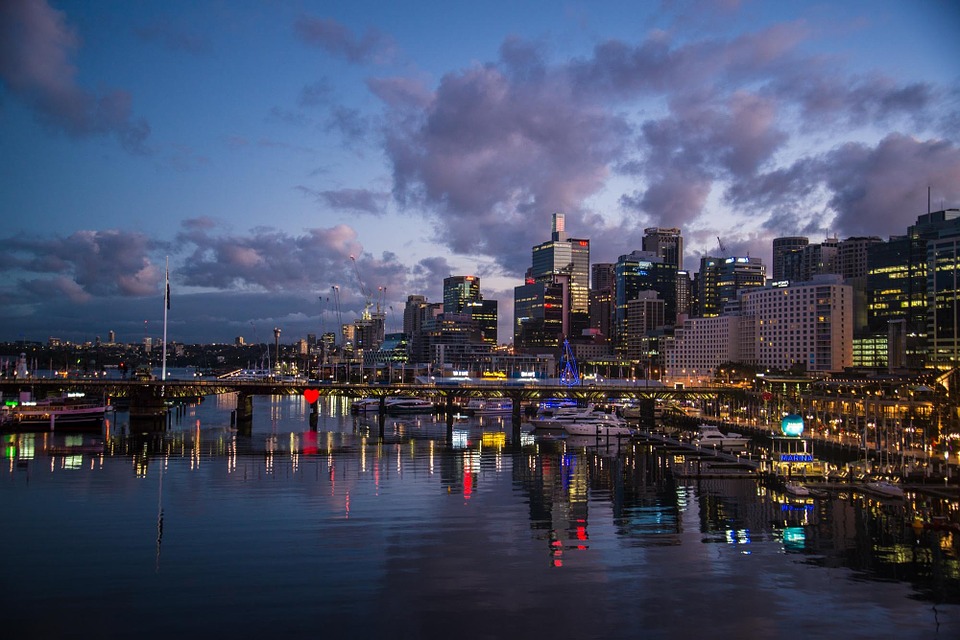
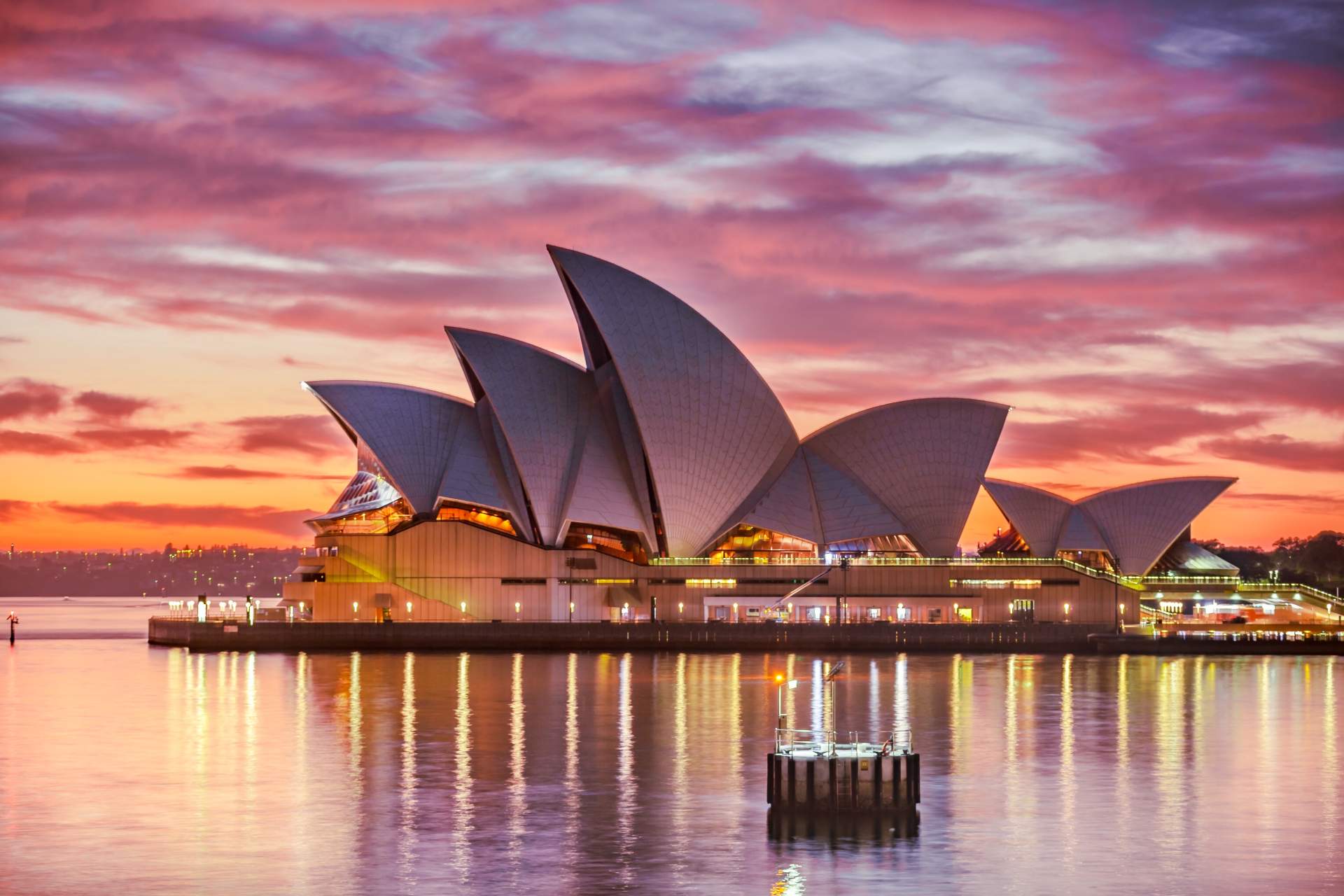
The country’s strong regulatory institutions, ability to respond to global changes, and diversified, services-based economy underpin its steady growth.
Australia’s economy is:
- The world’s 14th largest
- Rated AAA with a stable outlook by all three global rating agencies
- Forecast to realise average annual real GDP growth of 2.7% over the next five years – the highest among major advanced economies
- Characterised by diverse services and technology sectors and low government debt.
Australia is a globally integrated economy with strong trade and investment links with the growing Asia-Pacific region being one of the easiest countries in the world to set up and operate a business, ranking in the top 20 out of 190 economies
In an uncertain world, Australia’s sound governance makes it one of the safest places in the world to do business. Australia’s democratic institutions and sound governance create certainty for multinational companies and investors looking for a low-risk environment in which to do business. With almost all businesses open to foreign competition, robust regulatory frameworks and transparent business processes, Australia continues to be an attractive and dynamic destination for investment.
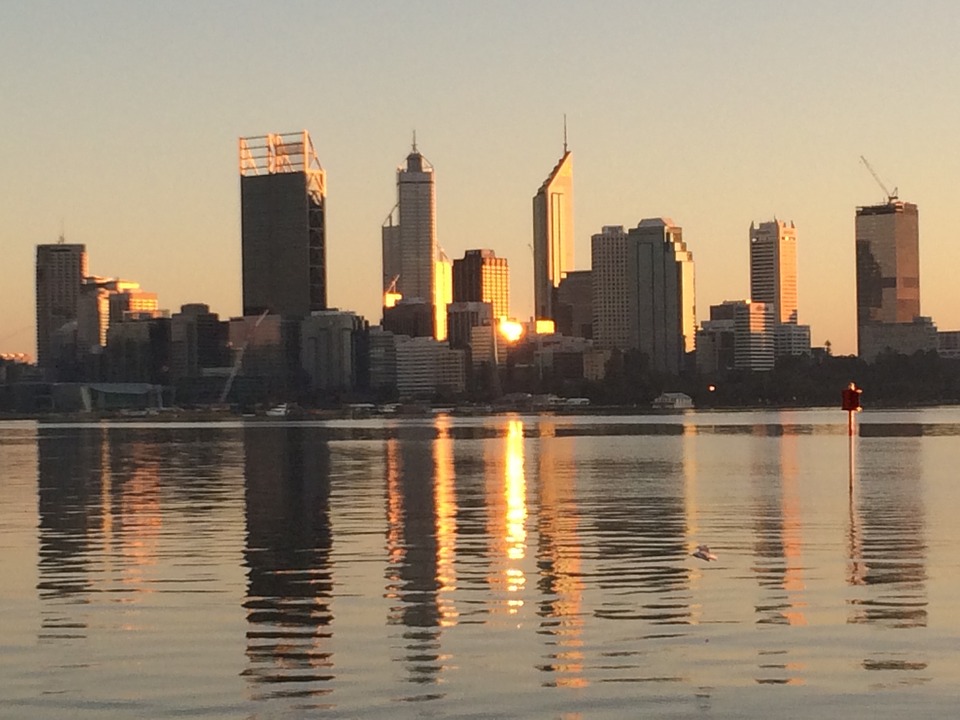
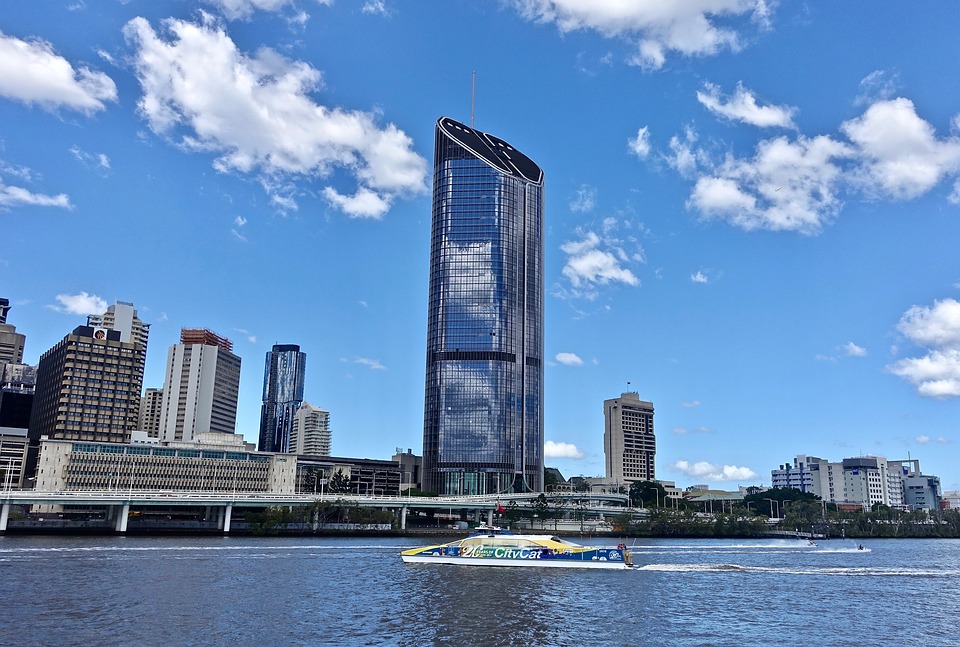
Australia offers:
- An environment that is ranked in the top 20 out of 190 economies for ease of doing business
- An economy that is resilient to economic cycles
- Judicial independence and strong control of corruption
- A welcoming place to live and work, with six Australian cities ranked in the global top 40 for their quality of living.
(Reference www.austrade.gov.au)
Foreign economies had a total of $3.5 trillion invested in Australia at the end of 2018. The United States and United Kingdom are the biggest investors in Australia, followed by Belgium, Japan and Hong Kong.
China is ninth largest foreign investor, with 1.8 per cent of the total. However, the levels of Hong Kong and Chinese investment in Australia have grown significantly over the past decade.
Queensland (QLD)
Queensland is the second-largest and third-most populous state in Australia. The capital and largest city in the state is Brisbane, Australia’s third-largest city. Often referred to as the “Sunshine State”, Queensland is home to 10 of Australia’s 30 largest cities and is the nation’s third-largest economy. Tourism in the state, fuelled largely by its warm climate, is a major industry.
From the bright lights of the Gold Coast to the technicolour underwater world of the Great Barrier Reef, Queensland has a piece of paradise to suit every lifestyle. Queensland has international airports in Brisbane, Cairns and the Gold Coast, with direct flights from many global hubs.
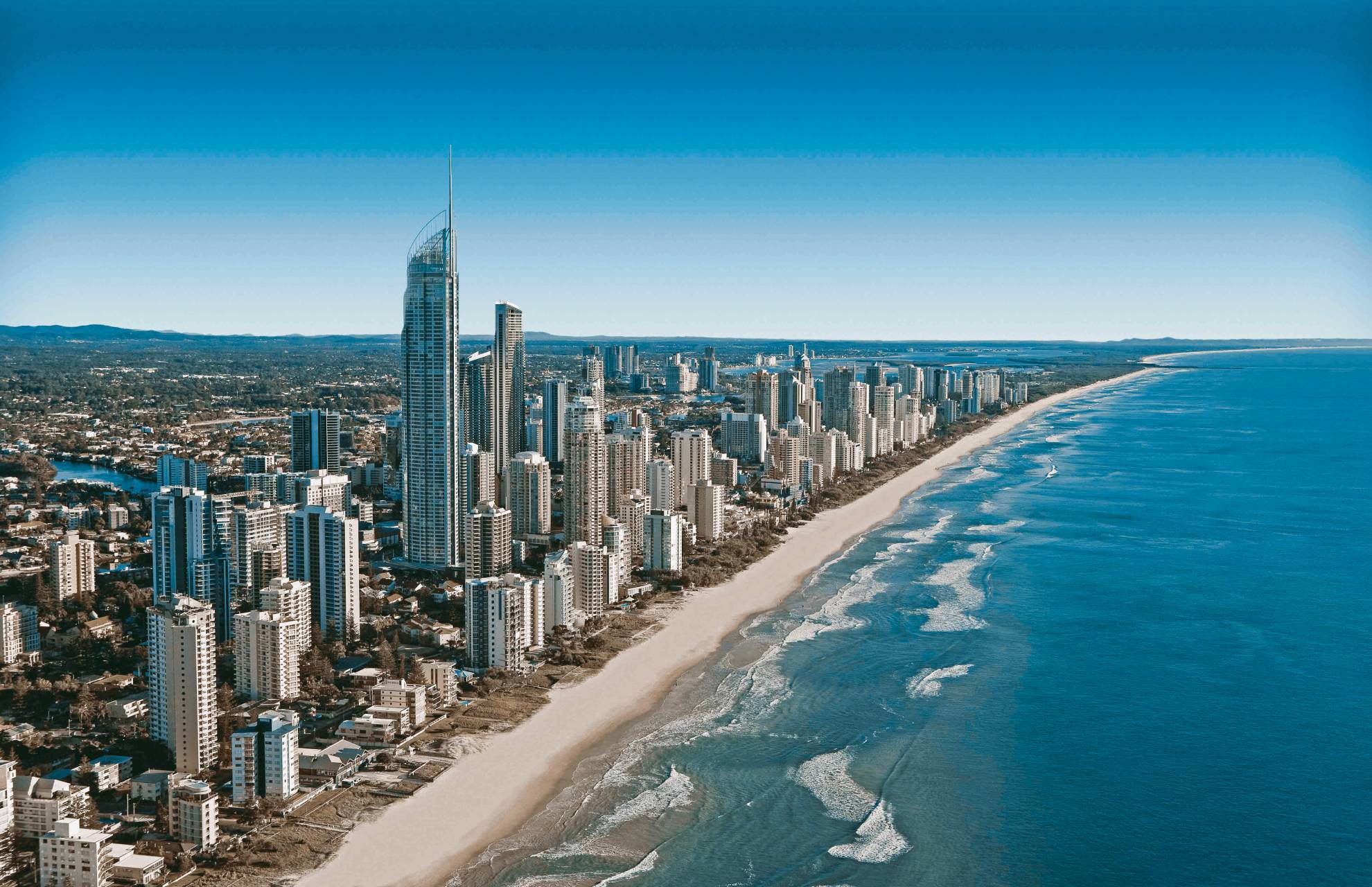
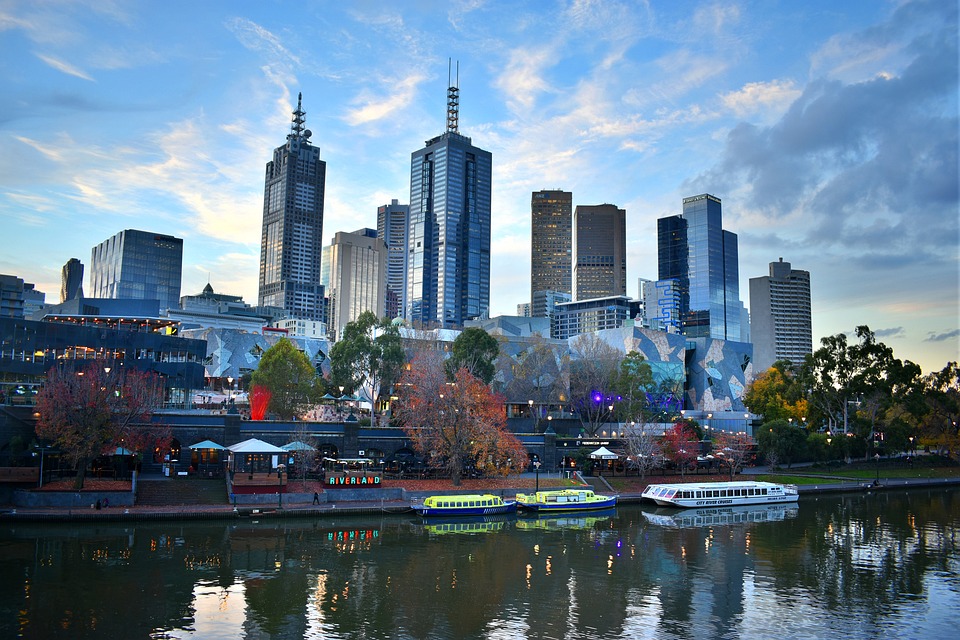
Victoria (VIC)
Victoria is a state in south-eastern Australia. Victoria is Australia’s smallest mainland state and its second-most populous state (after New South Wales), making it the most densely populated state. Most of its population lives concentrated in the area surrounding Port Phillip Bay, which includes the metropolitan area of its state capital and largest city, Melbourne, Australia’s second-largest city which is also the sport and culture capital of the country being the host for many festivals and tournament.
The state of Victoria is the second largest economy in Australia after New South Wales, accounting for a quarter of the nation’s gross domestic product. The economy of Victoria is highly diversified, with service sectors including financial and property services, health, education, wholesale, retail, hospitality, and manufacturing constitute the majority of employment.
New South Wales (NSW)
The most visited state in the nation is home to Sydney, Australia’s most beautiful capital city. There are transport options from Sydney to the marvellous destinations and fun adventures in the regions. There are trains and coaches, as well as flights from Sydney Airport to many regional airports. New South Wales’ state capital is Sydney, which is also Australia’s most populous city. In March 2019, the population of New South Wales was over 8 million,
Since the 1970s, New South Wales has undergone an increasingly rapid economic and social transformation. Agriculture remains important, its share of the state’s income is smaller than ever before.
New industries such as information technology and financial services are largely centred in Sydney and have risen to take their place, with many companies having their Australian headquarters in Sydney CBD
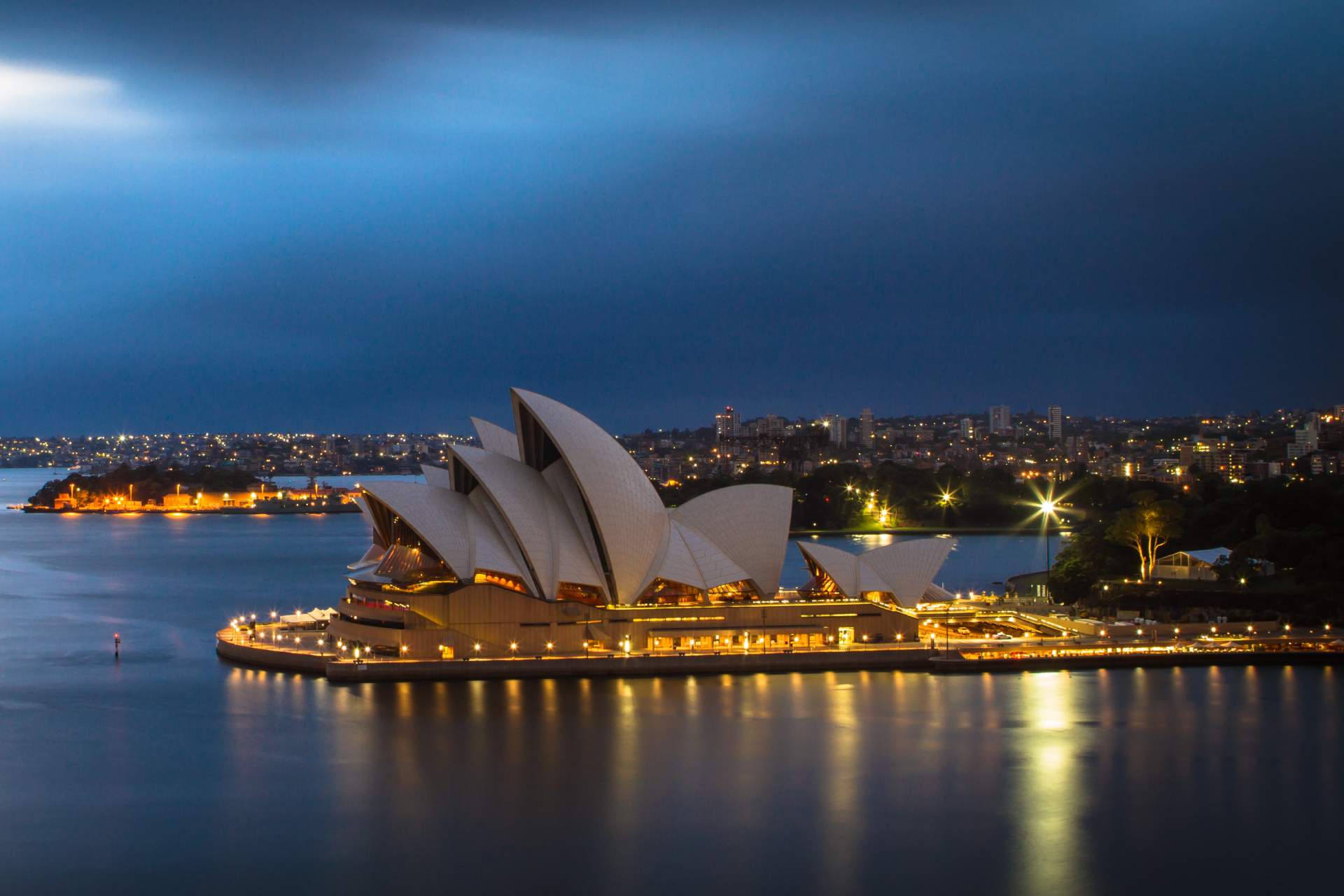
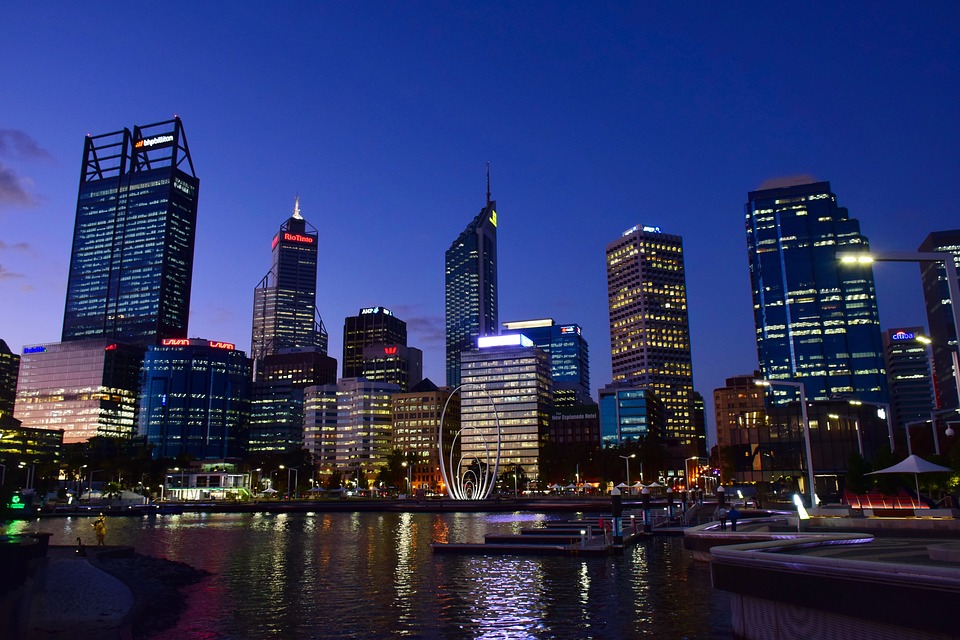
Western Australia (WA)
Western Australia is Australia’s largest state, the state has about 2.6 million inhabitants – around 11 percent of the national total – of whom the vast majority (92 per cent) live in the south-west corner, 79 per cent of the population living in the Perth (Capital)
Western Australia’s economy is largely driven by extraction and processing of a diverse range of mineral and petroleum commodities. It contributes an estimated 58% of Australia’s Mineral and Energy Exports,[31] potentially earning up to 4.64% of Australia’s total GDP.
What We Do
Australia is a stable, democratic and culturally diverse nation with a highly skilled workforce and one of the strongest performing economies in the world.
With spectacular landscapes and a rich ancient culture, Australia is a land like no other. It is the earth’s sixth-largest country in land area and is the only nation to govern an entire continent.
Australia’s economic resilience and steady growth prospects provide a low-risk environment in which to do business. Australia has entered its 28th year of consecutive annual economic growth, setting a new record among developed economies for uninterrupted expansion.
This enviable record of steady growth proves the robustness of Australia’s economy and its reliability as a low-risk and safe environment in which to do business.
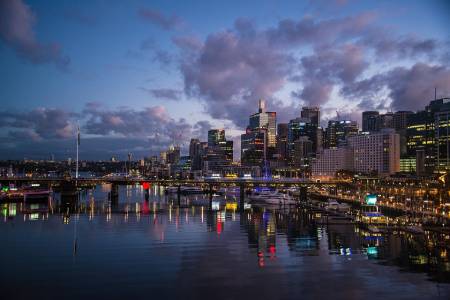
The country’s strong regulatory institutions, ability to respond to global changes, and diversified, services-based economy underpin its steady growth.
Australia’s economy is:
- The world’s 14th largest
- Rated AAA with a stable outlook by all three global rating agencies
- Forecast to realise average annual real GDP growth of 2.7% over the next five years – the highest among major advanced economies
- Characterised by diverse services and technology sectors and low government debt.
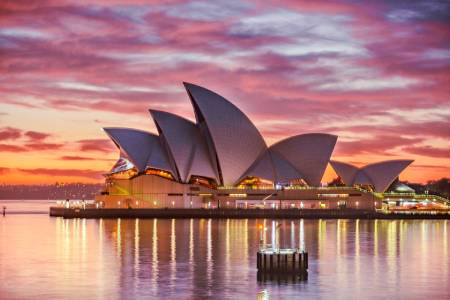
Australia is a globally integrated economy with strong trade and investment links with the growing Asia-Pacific region being one of the easiest countries in the world to set up and operate a business, ranking in the top 20 out of 190 economies In an uncertain world, Australia’s sound governance makes it one of the safest places in the world to do business.
Australia’s democratic institutions and sound governance create certainty for multinational companies and investors looking for a low-risk environment in which to do business. With almost all businesses open to foreign competition, robust regulatory frameworks and transparent business processes, Australia continues to be an attractive and dynamic destination for investment.
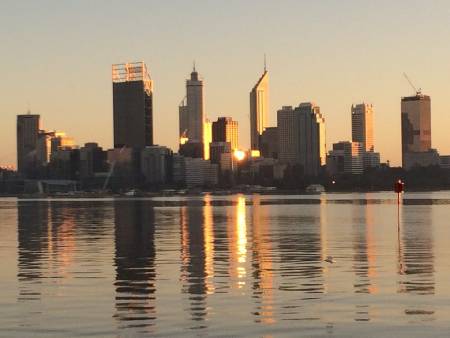
Australia offers:
- An environment that is ranked in the top 20 out of 190 economies for ease of doing business
- An economy that is resilient to economic cycles
- Judicial independence and strong control of corruption
- A welcoming place to live and work, with six Australian cities ranked in the global top 40 for their quality of living.
(Reference www.austrade.gov.au)
Foreign economies had a total of $3.5 trillion invested in Australia at the end of 2018. The United States and United Kingdom are the biggest investors in Australia, followed by Belgium, Japan and Hong Kong.
China is ninth largest foreign investor, with 1.8 per cent of the total. However, the levels of Hong Kong and Chinese investment in Australia have grown significantly over the past decade.
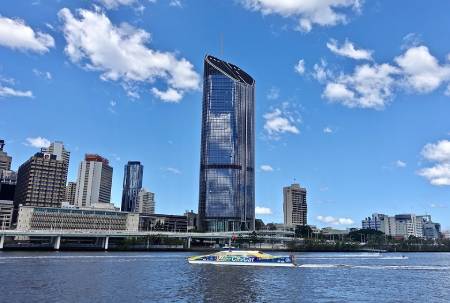
Queensland (QLD)
Queensland is the second-largest and third-most populous state in Australia. The capital and largest city in the state is Brisbane, Australia’s third-largest city. Often referred to as the “Sunshine State”, Queensland is home to 10 of Australia’s 30 largest cities and is the nation’s third-largest economy. Tourism in the state, fuelled largely by its warm climate, is a major industry.
From the bright lights of the Gold Coast to the technicolour underwater world of the Great Barrier Reef, Queensland has a piece of paradise to suit every lifestyle. Queensland has international airports in Brisbane, Cairns and the Gold Coast, with direct flights from many global hubs.
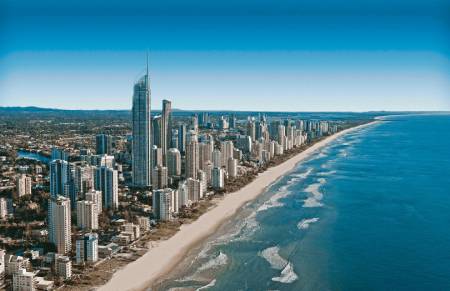
Victoria (VIC)
Victoria is a state in south-eastern Australia. Victoria is Australia’s smallest mainland state and its second-most populous state (after New South Wales), making it the most densely populated state. Most of its population lives concentrated in the area surrounding Port Phillip Bay, which includes the metropolitan area of its state capital and largest city, Melbourne, Australia’s second-largest city which is also the sport and culture capital of the country being the host for many festivals and tournament.
The state of Victoria is the second largest economy in Australia after New South Wales, accounting for a quarter of the nation’s gross domestic product. The economy of Victoria is highly diversified, with service sectors including financial and property services, health, education, wholesale, retail, hospitality, and manufacturing constitute the majority of employment.
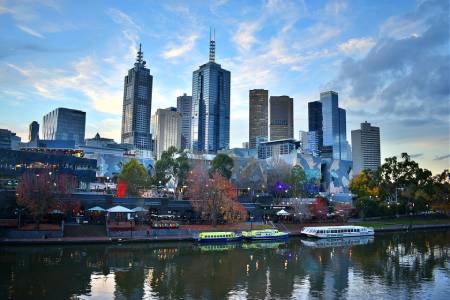
New South Wales (NSW)
The most visited state in the nation is home to Sydney, Australia’s most beautiful capital city. There are transport options from Sydney to the marvellous destinations and fun adventures in the regions. There are trains and coaches, as well as flights from Sydney Airport to many regional airports. New South Wales’ state capital is Sydney, which is also Australia’s most populous city.
In March 2019, the population of New South Wales was over 8 million,
Since the 1970s, New South Wales has undergone an increasingly rapid economic and social transformation. Agriculture remains important, its share of the state’s income is smaller than ever before.
New industries such as information technology and financial services are largely centred in Sydney and have risen to take their place, with many companies having their Australian headquarters in Sydney CBD
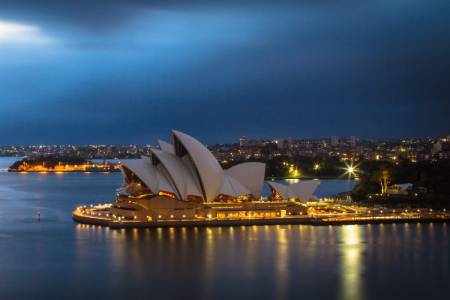
Western Australia (WA)
Western Australia is Australia’s largest state, the state has about 2.6 million inhabitants – around 11 percent of the national total – of whom the vast majority (92 per cent) live in the south-west corner, 79 per cent of the population living in the Perth (Capital)
Western Australia’s economy is largely driven by extraction and processing of a diverse range of mineral and petroleum commodities. It contributes an estimated 58% of Australia’s Mineral and Energy Exports,[31] potentially earning up to 4.64% of Australia’s total GDP.
